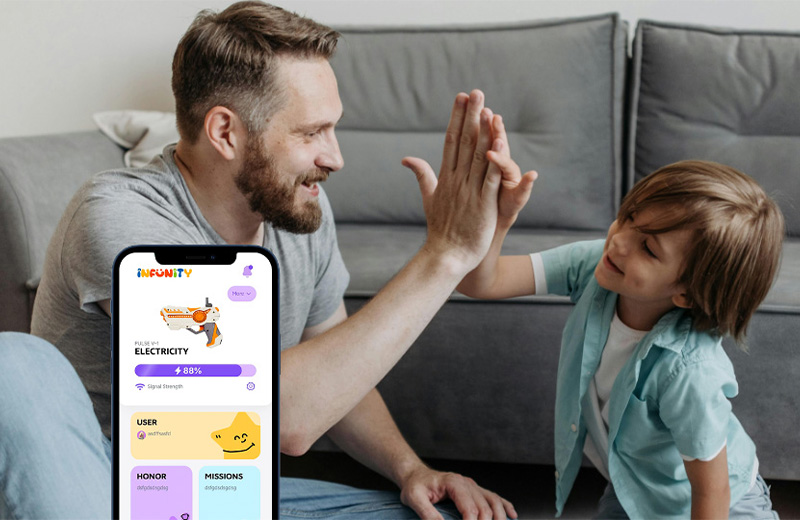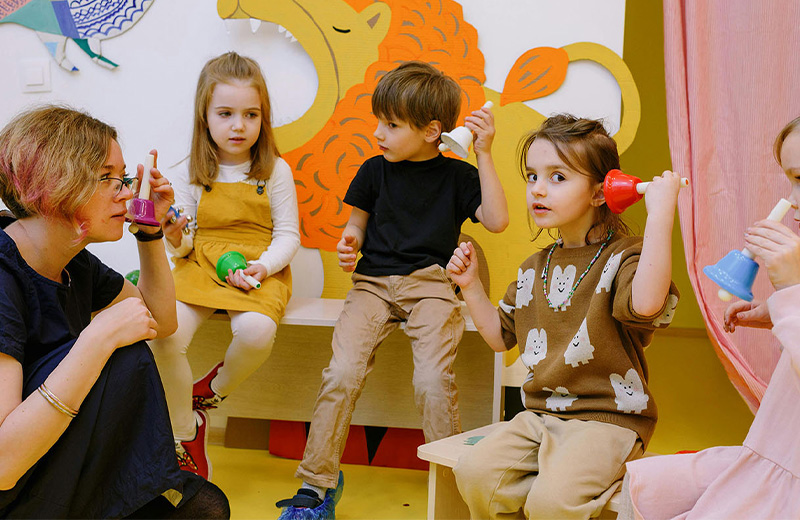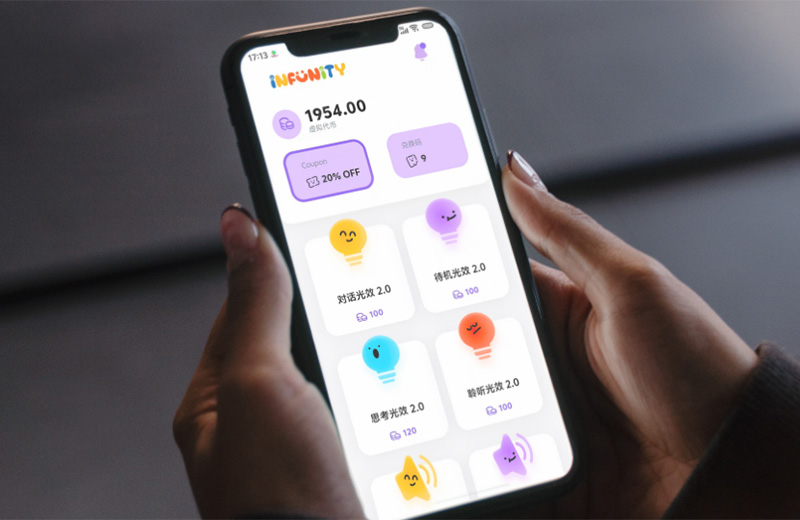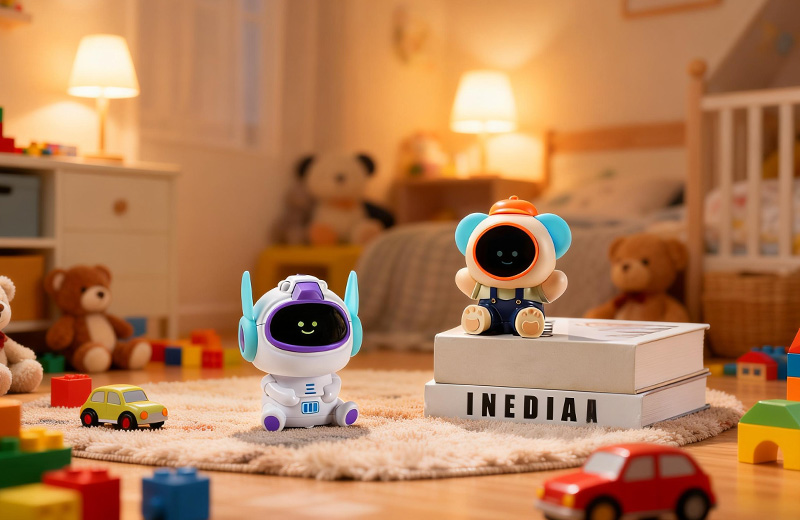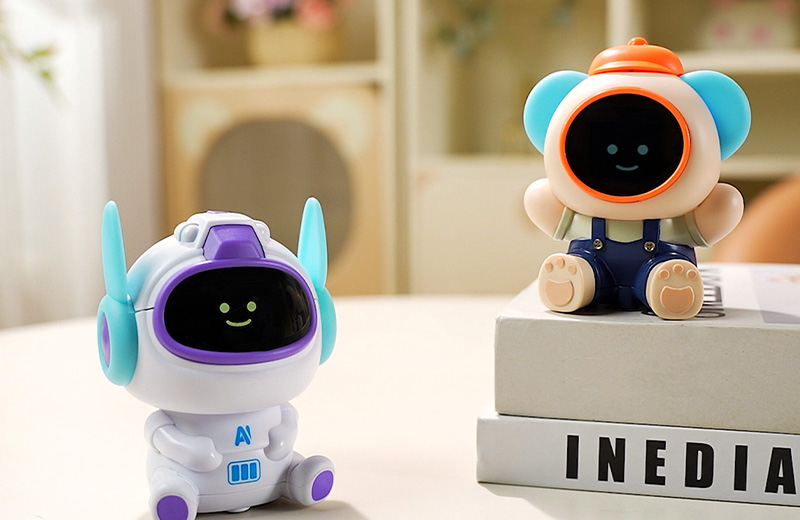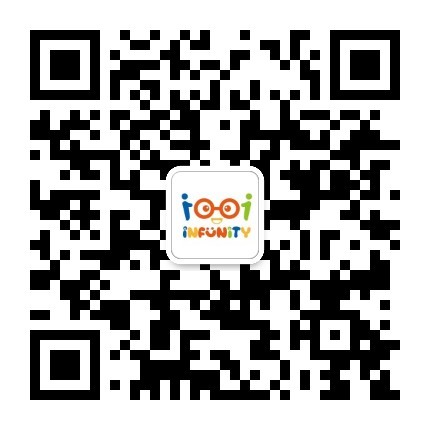According to IDC, China's smart education hardware market exceeded 40 billion yuan in 2024, with AI toys and interactive learning devices growing fastest. Many parents now see them as partial substitutes for private tutors during off-school hours.
Policy trends also support this shift. China's Ministry of Education has been promoting “smart education,” encouraging the use of AI in basic education—creating a friendly environment for AI toys.
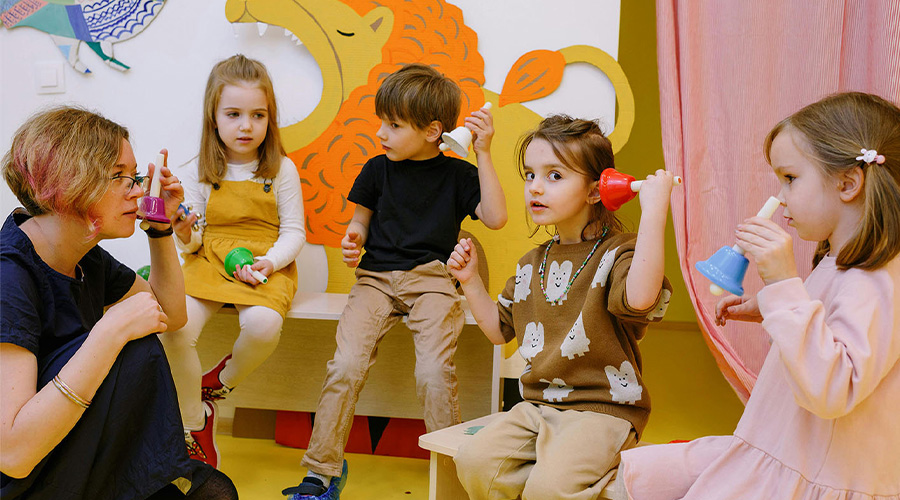
INFUNITY's Pulse V-1 is a case in point. It can scan objects and introduce them in multiple languages, complete with interactive prompts to encourage exploration. Its goal is to broaden children's knowledge while making learning enjoyable.
But human tutors still hold unique value. Tutors can observe children's reactions, adjust teaching pace, guide deeper thinking, and provide emotional support. Tutors also help instill methods, habits, and critical exam strategies.
AI toys excel in scalability and consistency. They can train endlessly without fatigue, log detailed progress, and provide inexpensive companionship. The more realistic scenario is hybrid use: AI toys can handle routine practice and interest building, while tutors focus on complex problems, skills, and emotional support.
In critical stages—such as exam prep or behavioral guidance—human tutors remain irreplaceable. But AI toys free up time, allowing parents and tutors to focus on higher-value tasks.
It is clear that AI toys will reshape home education. They'll excel at basic and repetitive work, while human tutors evolve their roles. The future is likely one of collaboration rather than competition.




 Recommended for You
Recommended for You
